BUSCAR
ACTIVIDADES
RECURSOS
CONTACTO
SEMED / FEMEDE
C/ Cánovas nº 7, bajo
50004 - Zaragoza (España)
Tno: 976 02 45 09

- Portada /
EDUCATION AND COMMITMENT AS A STRATEGY TO FIGHT AGAINST DOPING (ECASFAD)
Educación y formación como estrategias de lucha contra el dopaje (ECASFAD)
The main objective of this project is to develop a global strategy of information, training and education as unquestionable means of preventing doping, taking advantage of the guidelines established by the Erasmus plus Sport programs.
ECASFAD PRESENTATION
Doping is considered one of the biggest current threats against sport. Sport is an activity of enormous social importance as a vehicle of intrinsic values of unquestionable importance in society and which have been frequently referred to as "sportsmanship". This spirit is the essence of Olympism, the search for perfection of the natural talents of the person based on values found in sport (defined in the World Anti-Doping Code) such as ethics, fair play and honesty, maintenance or search of the health, excellence in performance, character and education, joy and fun, teamwork, dedication and commitment, respect for rules and laws, respect towards oneself and towards the other participants, courage and spirit of group and solidarity.
These values are not only important for the main sports players, the athletes, but through sports, these values are transmitted practically to the whole society due to the great repercussion that sport has on it.
Therefore, any negative element that affects sport has an indisputable impact on society. Doping has three major negative effects. In the first place, because it uses substances and methods to improve performance clandestinely and illegally, without any type of control, it poses a huge risk to health. Secondly, it allows for differences in performance between competitors that adulterate sports results, preventing successful athletes who have made a correct and honest preparation. Finally, the achievement of sports results by illegal methods such as doping is a fraud to the competition, athletes and society itself.
The Europe Council was the first institution to highlight the need to fight against doping, something that has culminated in the creation of an independent international agency, the World Anti-Doping Agency (WADA), which has the power to establish measures aimed at combat doping and that should be applied globally by states, international sports federations and other institutions and estates.
The "Education and commitment program as a strategy to fight against doping" is a European multinational project with a multidisciplinary approach aimed at providing a global strategy to fight against doping based on information, training and commitment to doping.
The project involves institutions of a very diverse nature: university, scientific-professional medical societies, national anti-doping agency, national sports federations, training schools of various types and sports associations and nongovernmental organizations.
These entities, through the realization of this project, have marked the following objectives:
1. To create a globalized educational-training system for the prevention of doping.
2. To promote collaboration between public agencies and private entities in different fields of sport to fight against doping.
3. To sensitize the sports community and public opinion about the need to develop preventive strategies for doping based on education.
4. To engage in the practice of sport without doping to all those involved in the realization of a sport without doping.
PARTNERS PRESENTATION
|
|
It is a scientific-professional society of the specialty of Sports Medicine. The care of the athlete and the prevention of problems related to sport are fundamental objectives. Doping is a subject of great importance, for both physicians and athletes, to precisely avoid the problems arising from doping. It carries out an important work in the fight against doping, collaborating with anti-doping, sports and police authorities, in legislative, training and reporting programs for doctors involved in doping. It has developed its own ethical code that includes doping among its sections. |
|
|
This University considers sport and support for athletes a top priority and that is why it is commonly referred to as the University of Sport. Therefore, there are several high level sports teams, hundreds of athletes from multiple disciplines, including more than 80 Olympic level, and 11 of its athletes got a medal at the Olympic Games in Rio de Janeiro. Thus, it was the second university of the world with more medals, after that of Stanford (USA). Through its International Chair of Sports Medicine, it conducts various research in various fields of the fight against doping, in collaboration with the National Anti-Doping Agency called the Spanish Agency for Health Protection, and also develops various training programs in prevention of doping. The development of a global program with full doping prevention functionality is a priority aspect of the University |
|
Crosskovacsi Sport and Environmental Association (CRK) |
It is an NGO with functions based on sport, which promotes healthy lifestyles especially focusing on children and adolescents with specialized technicians. Cooperates with the educational and governmental centres of its milieu, and in this sense the application of forms of promotion of sport with ethical criteria and without harmful habits. Thus, doping prevention is part of its fundamental objectives and has an extension in the educational area of its area of influence. |
|
The Klitschko Foundation |
Organization that works in the field of sports promotion for young athletes in five sports: sport gymnastics, wrestling, table tennis, rhythmic gymnastics and dance & gym. The Foundation works on a "program for the reconstruction and renovation of youth sports schools across Ukraine", so it is of great interest for the foundation to spread the values of the practice of clean and non-doping sports. |
|
Sports Medicine Association of Serbia (SMAS) |
Sports Medicine Association of Serbia (SMAS) was established 1995. The essence of the work is sports medicine as an integral part of every sport. Thus, SMAS has more the 1400 registered members from more than 80 national sport federations and universities. SMAS is active on national and international events. Since its founding SMAS published more the 40 scientific books, 3 text books, organized 6 national congresses of sports medicine, 4 congresses of dietary supplementation and 3 congresses on doping prevention, plus more the 100 educational seminars, all accredited by CME body. SMAS was the base for establishment of Antidoping agency of Serbia. Additionally, SMAS contributes to the improvement of sport science through scientific research and outreach initiatives focused on prevention. SMAS has grown to become one of the most respected institutions in sports for 25 years and become not only a partner of sports organizations in the country, but also a large number of organizations in the world, including the leading sports medicine one ECSS, EFSMA and FIMS. |
|
Slovak Anti-Doping Agency (SADA) |
Slovak Anti-Doping Agency was established as an independent organization fulfilling the role of prevention and doping control in the field of doping in Slovak Republic. The agency is a government-subsidised organization, financially linked to the budget of the Ministry of Education. SADA fulfills the tasks of the World Anti-Doping Program in regards of conducting Doping controls and administrating National Registered Testing Pool of athletes, granting Therapeutic Use Exemptions to athletes, managing educational antidoping programme. |
|
Medical University of Lodz (MUL) |
Medical University of Lodz with many Departments such as Department of Sports Medicine, Department of Physiology, Department of Biomedicine and Genetics and HumanLab laboratories, are involved in professional activities and experience in the areas of exercise physiology, sports medicine, adapted physical activity, disabled sport, sports nutrition, biomedicine and genetics in sport. The areas of this project, connected with prevention to fight against doping, is connected with education study program and regular cooperation with such organization as: Polish Anti- Doping Agency, TUE expert group of WADA and other Universities with education in Anti- Doping strategy. |
INTELLECTUAL OUTPUTS
IO1:
| Intellectual Output | Activity | Methodology |
| 1 | 1 | Literature review report: To carry out a detailed and exhaustive search of existing resources and methods of doing prevention based on information, prevention and Education |
| 2 | A report of results from A1 will be perform in order to create a manual of existing resources (publication). | |
| 3 | "Recommendations and proposals", the participating partners in this intellectual output will make recommendations and proposals based on the findings obtained in the existing resources and methods of doping prevention based on information, prevention and education which will have been included in the Manual of existing resources. |
IO2:
| Intellectual Output | Activity | Methodology |
| 2 | 4 | "Web site creation". The creation and implementation of a web page is essential to achieve the objectives of the project, summarized in the need to widely share the program between the partners. |
| 5 | "Development of informative graphic material and informative workshops in secondary schools, clubs". | |
| 6 | "Training courses (processing material owned by the project)", will develop three type of actions: Training courses, doping prevention resources for professionals (athletes, trainers, senior managers, etc), workshops in school centers for high performance athletes. |
IO3:
| Intellectual Output | Activity | Methodology |
| 3 | 7 | To carry out the topic editions of the project: Ethics in the prevention of doping, doping prevention manual, use of medications permitted in sport, and nutritional supplements in sport. |
| 8 | Social networks and media aims to broadcast the project using social networks. Currently, this is the most useful way of knowledge spreading on a massive level, thanks to the fact it is an economic medium, easy to access and of enormous social implantation. | |
| 9 | Presentations at International Congress, aims to disseminate the project in a specialized medium. International congresses bring together professionals from specific areas in a short period of time, which allows the project to be presented to professional who can develop the project or parts of it in their own sphere of influence. | |
| 10 | Anti-doping commitment (athletes and technicians) develops the procedures for mandatory information (face-to-face and documentary) and explicit commitment (specific anti-doping regulations of sports institutions) in the prevention of doping by athletes and athlete support team. |
MEETINGS
M1- KICK OF MEETING (ONLINE): February 11th 2021
Kick-off meeting of the European ECASFAD project. The meeting was held at the headquarters of the Spanish Society of Sports Medicine in Zaragoza, but partners attended online due to pandemic restrictions.

MONITORING MEETING (ONLINE): March 9th 2021
First monitoring meeting to control the execution of the tasks. Choice of the project logo

MONITORING MEETING (ONLINE): April 23rd 2021
Second monitoring meeting for the presentation of the results of the IO1 activities.

MONITORING MEETING (ONLINE): June 17th 2021
Third monitoring meeting for the presentation of the results of the IO1 activities.
In addition, a first draft of the existing doping prevention resources manual was shown.

MONITORING MEETING (ONLINE): July 23rd 2021
The main objective of this monitoring meeting was to close the Intellectual Output 1 (Mapping and manual of existing resources for doping prevention), as well as to follow up on the next tasks to be carried out by the project organizer as well as by the project partners (Intellectual Output 2 and manual translation).
.jpg)
FIRST TRANSNATIONAL PROJECT MEETING (TPM): Bratislava
September 16-17, 2021
First face-to-face meeting of the project. The hosts made a wonderful welcome to the partners and we were able to move forward with the tasks of the second intellectual output.
.jpg)
.jpg)
.png)
SECOND TRANSNATIONAL MEETING (ONLINE): May 13rd 2022
This second meeting should have been held in Kiev (Ukraine). Due to the horrible situation the country is suffering because of the war, the meeting was held online. In it we have moved forward with many tasks of the project, established new deadlines for delivery of materials and course proposal that we will publish in the coming months.

MATERIALS
IO 1:
- Manual on existing resources for doping prevention: Manual of existing resources for doping prevention.
SOCIAL MEDIA LINKS AND NEWS
- Twitter: https://twitter.com/ecasfad
- Facebook: https://www.facebook.com/Ecasfad-101553052016273/?ti=as.
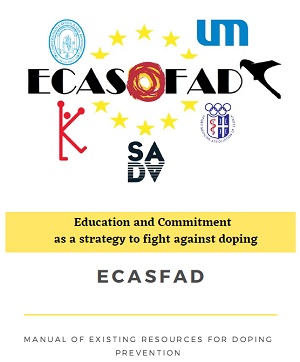
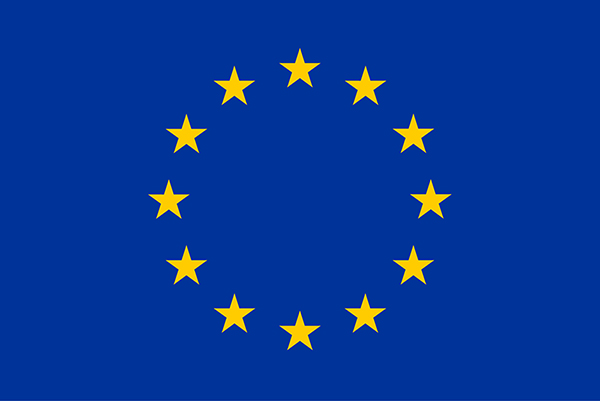
| INFORMATION RESOURCES / RECURSOS DE INFORMACIÓN | |
This project has been funded with support from the European Commission. The European Commission’s support for the production of this publication does not constitute an endorsement of the contents, which reflect the views only of the authors, and the Commission cannot be held responsible for any use which may be made of the information contained therein.

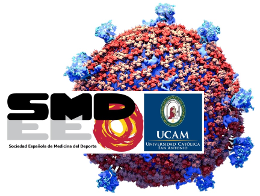




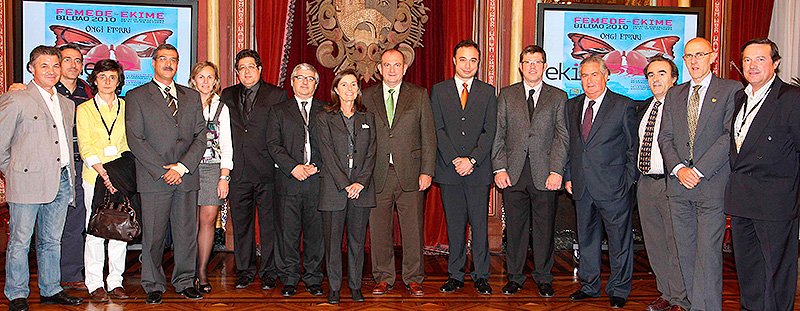


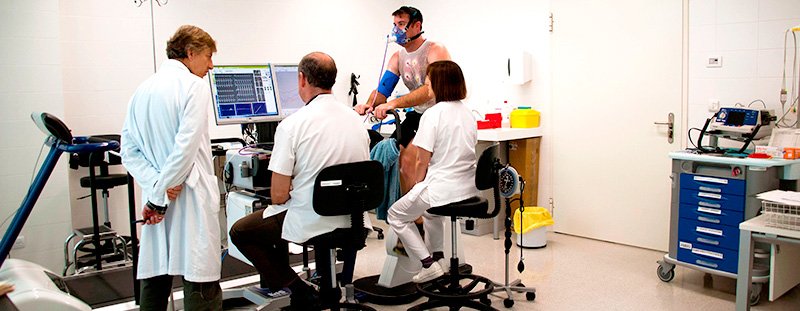
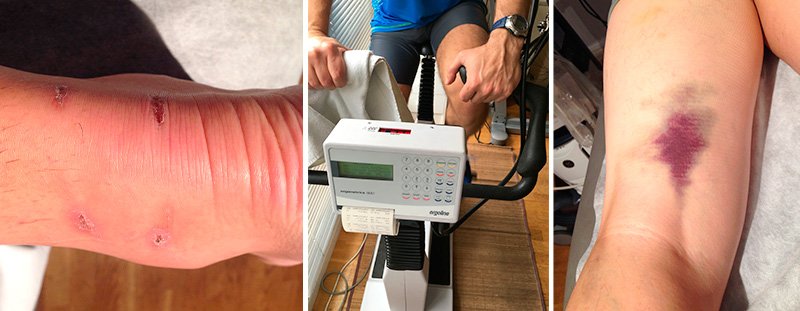
 Spanish Society of Sports Medicine (SEMED)
Spanish Society of Sports Medicine (SEMED) Catholic University of San Antonio of Murcia (UCAM)
Catholic University of San Antonio of Murcia (UCAM)

.jpg)

